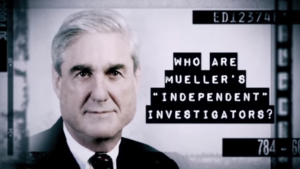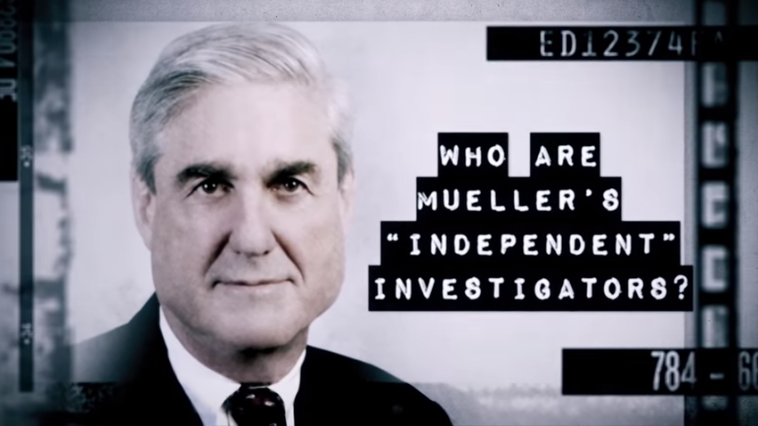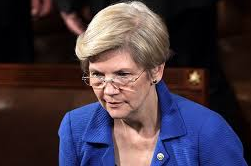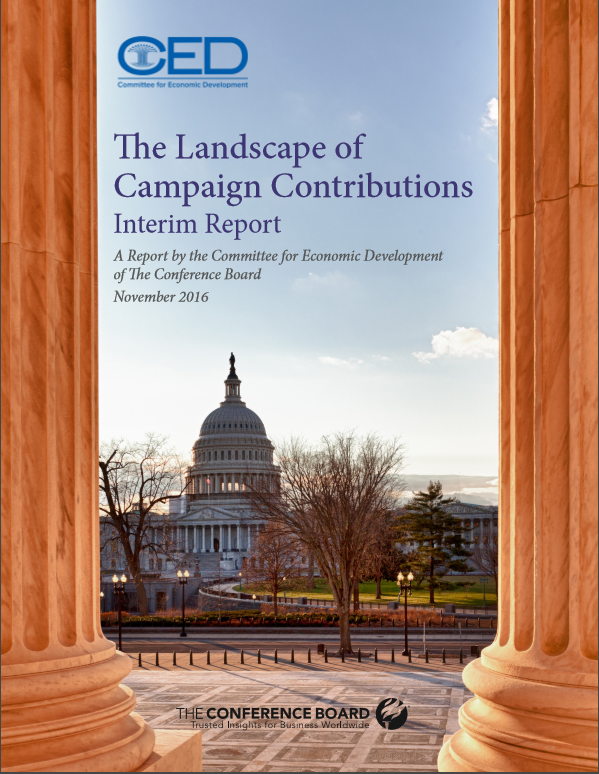National-level institutions such as the Supreme Court, congressional leadership, and the Federal Election Commission often see a partisan divide on disclosure. In these bodies, Democrats and their appointees are more likely to support expansive disclosure requirements, and Republicans and their appointees are more likely to support stronger privacy protections.
This partisan division, however, is far from universal. More often, power is the determining factor. At the state level, we see Republican-controlled legislatures pass onerous disclosure laws to make life more difficult for progressive groups, just as Democratic-controlled legislatures sometimes go after conservatives. And when it comes to exploiting campaign finance data to score a cheap political point, the right is as capable as anyone of misusing disclosure. A recent ad from a conservative nonprofit is a good example.

The logic of this argument is odious, to say the least. To suggest that supporters of the Democratic nominees for President in 2008, 2012, and 2016 cannot be independent is to imply that no Democrat can fairly investigate allegations against a Republican. We are in rough shape if support for one of the country’s two major political parties is considered discrediting. Great America Alliance either believes that or thinks that others do.
Sadly, they may be correct on the latter point. In theory, campaign finance disclosure guards against corruption and provides context to help evaluate candidates’ messages. In practice, it produces cheap ammunition for cynical political attacks.
These attacks come in several forms, often at the same time. Candidate A will point to super PACs supporting Candidate B and say, “aha, Candidate B is beholden to special interests!” Candidate B will point to Candidate A’s out-of-state donors and say, “aha, Candidate A represents them, not you!”
Virtually no one has enough patience or enough understanding of the complexities of campaign finance law to dig through all the filings and get to the truth. Confirmation bias takes over. Voters end up frustrated and believing that everyone is corrupt – but the other side a little more, of course.
So much for disclosure increasing trust in government.














